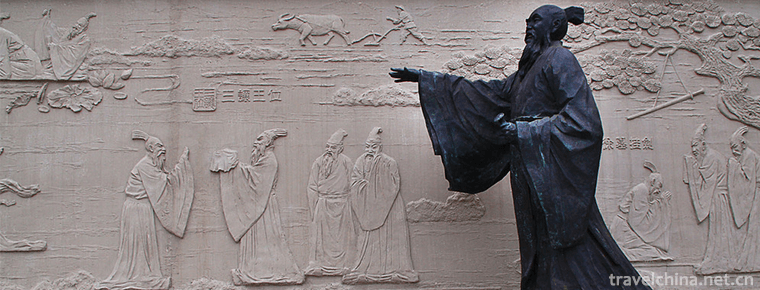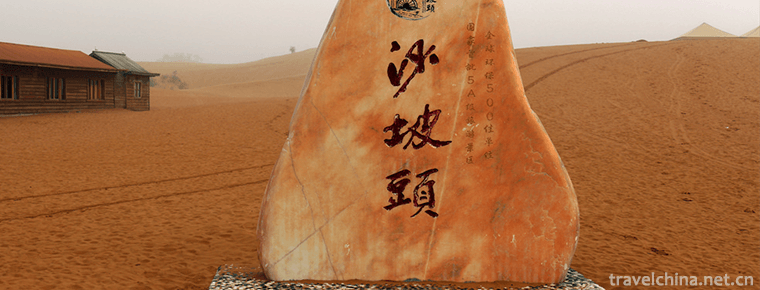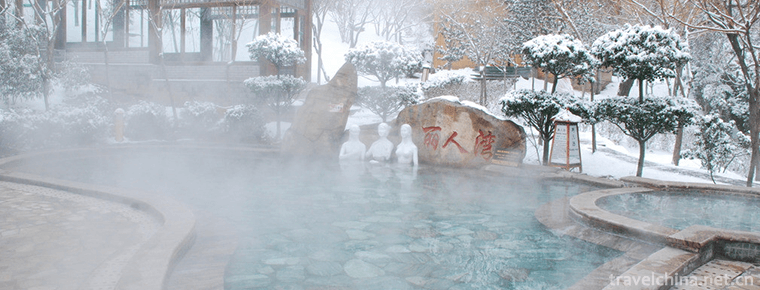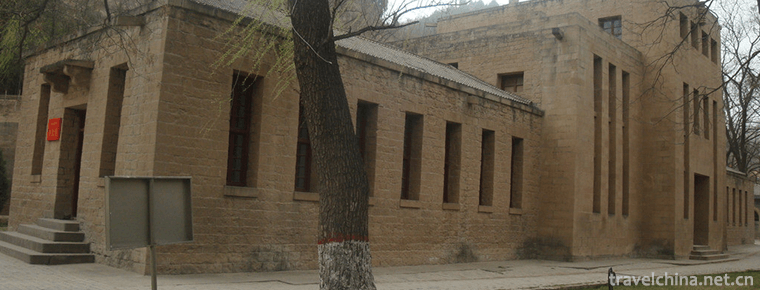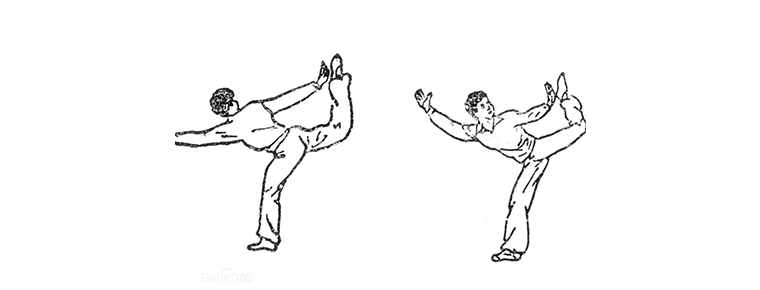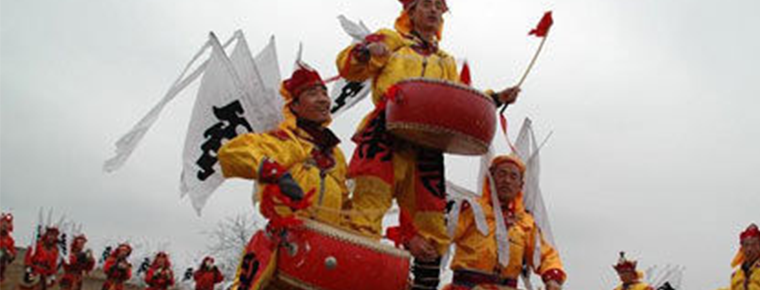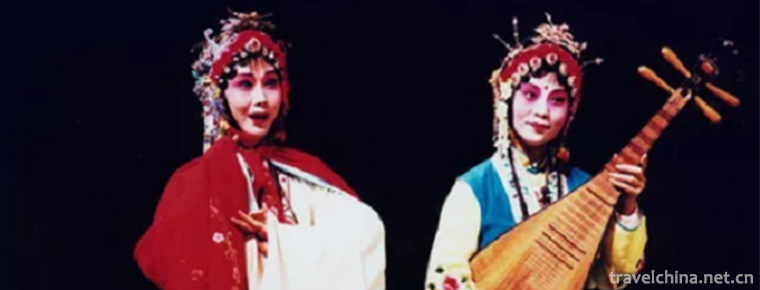the Dong chorus
the Dong chorus
Originated in the Spring and Autumn Period and the Warring States Period, the Dong Grand Song has a history of more than 2500 years. It is a folk chorus form with multi-voice, no command, no accompaniment and natural chorus in the Dong nationality area of China. In 1986, at the Golden Autumn Festival in Paris, Guizhou, represented by Liping County and Congjiang County, once appeared, four Dong Grand Songs were regarded as "sparkling like a clear spring". Music, the melody that crosses the edge of the ancient dream", the team members are leaders, Yizhou (head of Guizhou Folk Art Troupe), Yang Lin (head of Dong Grand Song Troupe), among which Wu Yulian (leader of Dong Grand Song, Liping Sanlong), Wu Peishan (Li Ping), Yang Shuixian (Congjiang), Wu Peichang (Li Ping), Wu Shuiying (Li Ping), Lu Junlian (Li Ping), Wu Yilan (Li Ping), Shi Mingxian (Congjiang), Lu Deying.( Congjiang) Nine singers.
In June 2016, Sanshi Bermuda, a famous musician, became the producer of the world's first on-the-spot record of the theme album of Dong's great song "Tian Tian Dong Listening". In July 2017, "Tian Tian Dong Listening" won the first CMA Singing Committee Music Festival "Best Folk/Ethnic Album"
Basic introduction
The Dong national big song is different from the common folk song in terms of its musical structure, singing skills, singing methods and singing occasions. It is a kind of chorus that leads the crowd and divides the high and low tones into many parts. It belongs to the folk branch polyphony music song, which is extremely rare in both Chinese and foreign folk music. The Dong national big song is not only a form of music art, but also a kind of Dong national culture and its spirit. Both inheritance and cohesion play a very important role and are the direct manifestation of Dong culture.
The Dong Grand Songs were distributed throughout the southern Dong dialect area in history. They were mainly popular in Liping, Congjiang, Rongjiang and Sanjiang counties of Guizhou in the second local dialect area of the southern Dong dialect. The central area was in the southern part of Liping County and the northern part of Congjiang County adjacent to them, including Yongcong Sanlong, Yandong, Koujiang, Shuangjiang, Zhaoxing, Shuikou, Longyou, Xiaohuang, Zhidong and Guping of Liping County. In villages and towns such as Gaozeng, Guandong and Luoxiang, folk habits are called "Six Caves", "Nine Caves", "Ten Caves", "Four-legged Cattle", "Thousand-three" and "Two Thousand-nine". Some villages in Rongjiang, Guizhou and Sanjiang, Guangxi, belong to the marginal areas where big songs are spread. The representative songs of Dong nationality include "Songs of Cicadas", "Songs of Cicadas", "Great Mountain Is Beautiful", "Playing Foolish", "Songs of Squirrels" and so on.
There are three treasures of Dong nationality: Drum Tower, Song, Wind and Rain Bridge. In terms of national literature and art, Dong Township has always been known as "the land of folk songs". It still inherits the ancient custom of "sitting at night with folk songs". Its folk music is most popular with big songs, Pipa songs, Dong Opera, Dong Song, Duoye and Lusheng Opera. Especially Dong nationality's big song, with its magical multi-part rhyme, it is famous all over the world.
"Gal Laox", "Ga" is a song in Dong dialect, and "Lao" has a grand and ancient meaning. The main singing mode of Dong's big song is "people are low and alone", and polyphonic multi-voice chorus. The Dong's big song needs more than three singing classes (teams) to perform, each of which includes at least one lead singer, one tenor and several bass. In the past, Dong children have been singing for a very long time. They entered the song classes, almost every Dong village has song classes, some as many as 10; the formation of the song classes generally follows the principle of the same race, same sex, peer, specially taught by their own or experienced singers in leisure time, until they can participate in the drum tower's songs independently. The traditional song-to-song and song-to-song competitions of the Dong nationality are generally in the "Dong New Year Festival" and "Eating New Year". "Spring Festival" and other festivals, or collective exchanges between villages in the idle season of agriculture, "Committed Hey", are carried out in Drum Tower by the men's singing team of Jiazhai and the women's singing team of Yizhai. They often stay up all night or even last several days and nights. Singing big songs is not only a way for Dong youth to inherit their own history and culture, but also an effective way for young men and women to get acquainted with each other until they get married. Diameter.
"Food nourishes one's health and song nourishes one's heart," is a common saying of the Dong people. That is to say, they regard "song" as something as important as "rice". The Dong people regard song as spiritual food and use it to cultivate their soul and sentiment. The Dong people regard song as a treasure and think that song is knowledge, that is, culture, who has more songs and who has knowledge. The most knowledgeable and reasonable people recognized by the society are respected by the Dong people. Therefore, they love, learn and sing for generations. They take singing as their pleasure, take "singing, singing more" as their pride, use songs to express their feelings, and use songs to express their joys and sorrows. Songs are closely related to the social life of the Dong people, and inseparable. Dong people's various folk songs, in particular. The song of the Dong nationality has become an ancient song that they have sung for a long time. As a most important part of Dong songs, Dong's great song is closely related to the customs, personality, psychology and living environment of the Dong people. It is a true record of Dong's history and a direct manifestation of Dong culture.
The Dong folk song is the general name of the multi-voice folk songs of the Dong nationality, and the Dong dialect is called "galao". "ga" is the song, "ga". It contains the meaning of "old". It is an ancient song with long length, multi-voice and multi-voice. It is composed by many people and participated in collectively. The multi-voice part, no conductor and no accompaniment are its characteristics. The structure of the Dong folk song is generally composed of "fruit (group)", "mei (first)" and "monk (paragraph). The main contents of singing can be divided into seven categories: Drum Tower Song, Sound Song, Narrative Song, Children's Song, Opera Song, Social Custom Song and Mixed Song. It sings about nature, labor, love and friendship between human beings and nature.
Dong's Grand Song is a kind of music with "low voice and high voice", which must be sung by more than three people. In Dong's Grand Song, the "voice-pulling" part of the second half of the song is often composed of a continuous tone in a long tone. In order to highlight the melody of the high part, that is, to use the uppermost support method on the basis of the bass, a person's change of singing is more free and the melody is easier to be clear. There is such a record in Volume 2 of Sanjiang County Chronicle: "Dong people's singing is especially effective... As the lead singer is responsible for singing the main melody, the singer led by the tenor can only be undertaken by the singer or the old singer who is recognized as having good voice, accomplishment and adaptability.
In Guangxi, Dong folk songs are mainly spread in Meilin, Fulu and Yangxi of Sanjiang Dong Autonomous County along the Rongjiang River and Dong village of Luocheng Mulao Autonomous County. The Dong folk songs declared by Liuzhou and Sanjiang Dong Autonomous County have been included in the list of China's intangible cultural heritage in 2006, and the real non-wave has a false name.
Value inheritance
As one of the excellent ancient artistic heritages preserved in China at present, Dong's Grand Song is the most distinctive Chinese folk music art. Dong's Grand Song is also a rare bright pearl in the international folk music and art circle. It has sung abroad and aroused the world music circle. As a multi-voice folk song, Dong's Grand Song has many aspects such as multi-voice thinking, multi-voice form, chorus skills, cultural connotation, etc. They are rare in the world.
Dong's Grand Song is not only a kind of music art, but also an important part of understanding Dong's social structure, marriage relationship, cultural inheritance and spiritual life. It has many research values, such as social history, ideological history, education history, marriage history and so on. However, with the acceleration of human modernization and the deepening implementation of China's reform and opening-up policy, Dong's Grand Song is facing a lot of challenges. The unprecedented comprehensive impact of modern culture, foreign culture and market economy. The economic foundation and cultural soil on which Dong's grand songs depend are being destroyed unprecedentedly. Dong's grand songs are facing the embarrassment of no one to follow and on the verge of being lost. Protecting and inheriting Dong's grand songs can play an important role in promoting the cultural construction and building a harmonious society in Dong's region.
In 2011, Chinese singer Shang Wenjie released the song "Asura", which was compiled with Dong songs as harmony and refreshing.
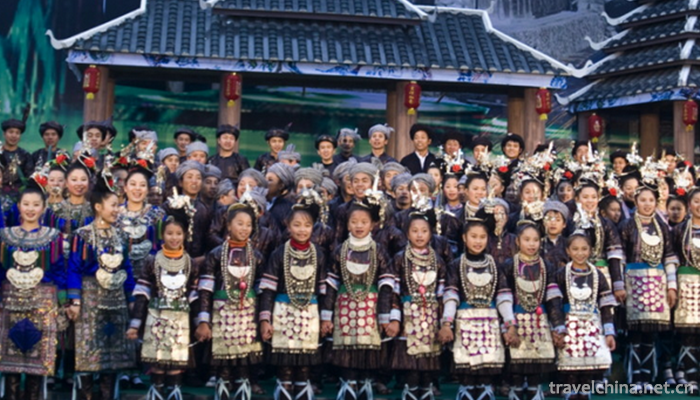
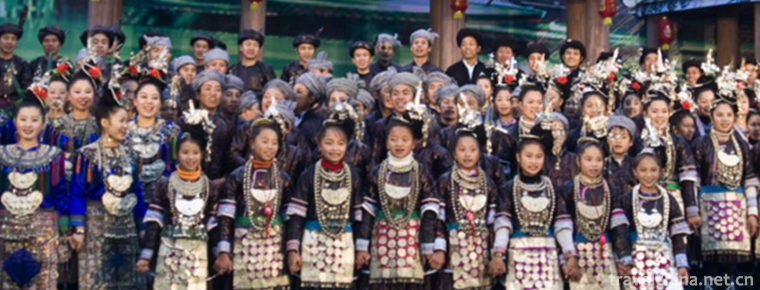
the Dong chorus
-
Snail rice noodles
Snail jelly powder is a kind of snack rice flour in Liuzhou City, Guangxi Zhuang Autonomous Region. It has the unique flavor of hot, cool, fresh, sour and hot. is the most famous local snack in Liuzho
Views: 359 Time 2018-11-05 -
China of chunqiu yancheng tourist area
China Spring and Autumn Yancheng Tourist Area (also known as Yancheng, Spring and Autumn Yancheng) is located in the central city of Wujin District, Changzhou City
Views: 272 Time 2018-12-06 -
Kanas Scenic Area in Altay Area
Kanas Scenic Area is located in the middle section of Altai Mountain in Xinjiang, which is located in the border area between China and Kazakhstan, Russia and Mongolia
Views: 123 Time 2018-12-12 -
Shapotou National Nature Reserve Ningxia
Shapotou: National AAAAA class tourist attraction, national desert ecological nature reserve, global environmental protection 500 best units, national fitness 20 famous landscapes, special prize for s
Views: 117 Time 2018-12-12 -
White Deer hot spring bailu hot spring
Bailu Hot Spring is a hot spring resort center built according to the national AAAA scenic standard. Located in Wentang Town, Pingshan County, Shijiazhuang City, Hebei Province, Bailu Hot Spring is a
Views: 153 Time 2019-01-02 -
Longtan Grand Canyon Scenic Area
Longtan Grand Canyon Scenic Area is the core scenic area of national AAAAA level scenic area, National Geological Park and Daimeishan World Geological Park. It is a Canyon Scenic
Views: 130 Time 2019-02-06 -
The Old Site of Zaoyuan Revolution
Zaoyuan is located 8 kilometers northwest of Yan'an City. It is a garden-like revolutionary memorial. There are many kinds of flowers, plants and trees growing in it. The scenery is beautiful and the
Views: 205 Time 2019-03-09 -
Poke feet
Poking feet is one of Chinese boxing. Leg and foot kungfu is the main form. It is said that it originated in the Song Dynasty and flourished in the Ming and Qing Dynasties
Views: 162 Time 2019-04-22 -
Production Techniques of Black Tea
Qimen Black Tea is the only black tea among the top ten famous teas in China. It is produced in Qimen County, Anhui Province. Tea production in Qimen has a long history, which can be
Views: 158 Time 2019-05-03 -
Luochuans drums
Luochuan Yigu, a traditional dance in Luochuan County, Shaanxi Province, is one of the national intangible cultural heritage.
Views: 164 Time 2019-05-15 -
Soviet Opera
Su Opera is a combination of Huagu Tanhuang, Nanci and Kunqu Opera. It is popular in the urban and rural areas of southern Jiangsu and Northern Zhejiang. Its predecessor, Sutan, was originally called
Views: 90 Time 2019-06-16 -
Yibin transportation
Yibin is a transportation hub city in South Sichuan, which is famous for its comprehensive three-dimensional transportation network of water, land and air. It is located at the starting point of the golden waterway of the Yangtze River and the strategic point of Sichuan Yunna
Views: 144 Time 2020-12-18

